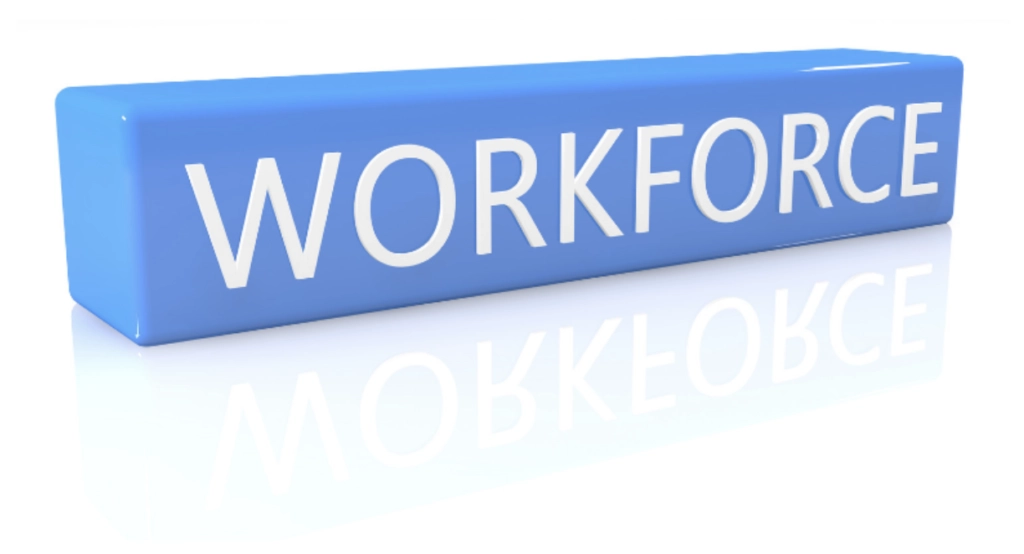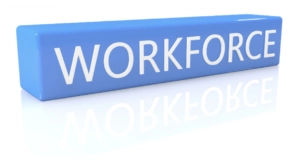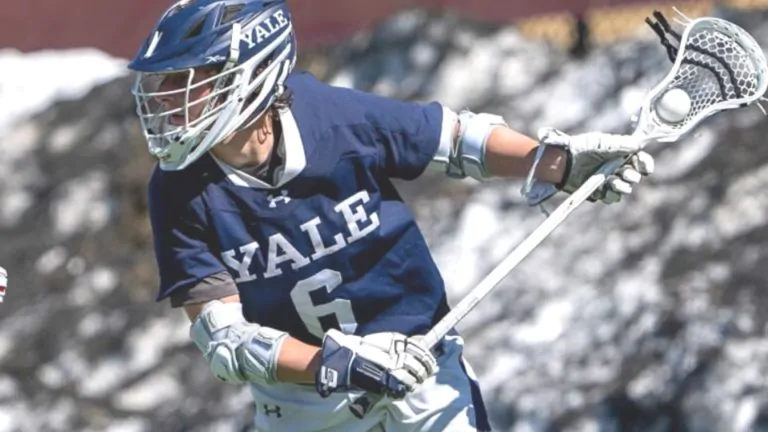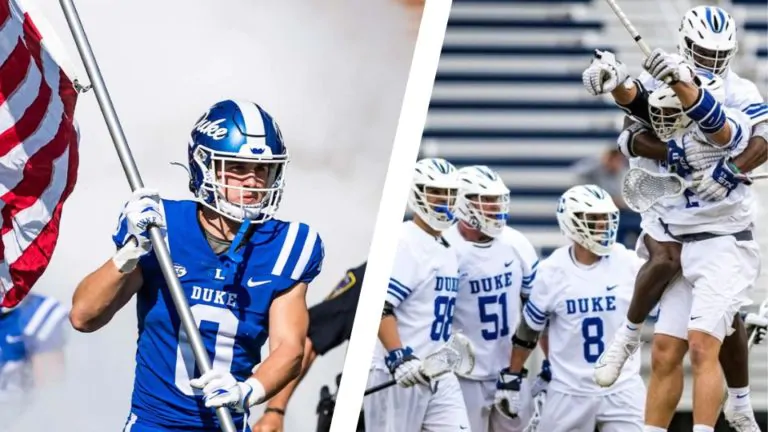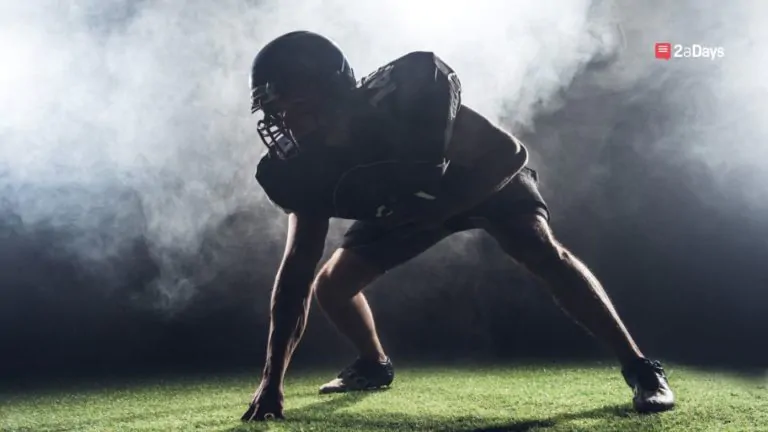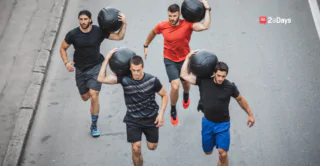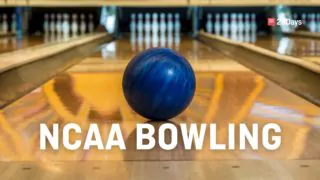My name is Tom O'Brien, and I played DI tennis at Villanova University in Pennsylvania. This is my story and my advice for life after college athletics. It's match point in one of the biggest games in my tennis career; coaches from top colleges are present, dad is pacing back and forth, mom sitting in the chair asking what the score is, and me on court drenched on a Delray Florida tennis court in 105-degree heat. The first thing that popped into my mind was, what are the equity markets doing right now?
Of course, I was not thinking of the markets. I was thinking about how many bags of ice can I put on my legs, and where was the closet Gatorade? Life after college is coming fast, whether you like it or not. So why not skip college and jump into the workforce? If I did that, then I would not have had the best four years of my life. I don't think so.
College tennis was the perfect fit for me. Sports taught me so many life lessons and prepared me for life after collegiate sports. Some might say it is cliché; some might say it's whatever, but tennis was my savior. In tennis, there are only two people on the court playing singles. Tennis is an individual sport, so everything rides on your shoulders. So how does this help you later on? I will get to that in a moment.
Pressure Situations
When the game is on the line, your nerves and mettle are put to the test.
Whether on the court or the board room, you will be faced with high-pressure situations. On the court is the way to hone that and practice for the future. In tennis, you will be in some intense pressure situations, and you will need to prioritize, then strategize. You will need to think quickly and develop a game plan before diving headfirst into your plays. This also goes for being in the workforce. Your manager/boss might decide to change a project at the last minute. You always need to be on your toes. It will help you to stay cool in pressure situations. Even the most upbeat and well-mannered professionals can become flustered and temperamental when under stress.
Hard Work
Pushing yourself to your limits and motivating yourself is a good recipe for success. You have to do grind when it comes to your sport. The time, energy, dedication, and hard work is never-ending. It's what we need to do in order to be the best. Being a rookie on the team is often like being a rookie in the office, you won't play a match until you prove yourself and you won't catch the eye of your boss if you are not working hard. Advice from one of my favorite coaches in juniors, my pops, “I'm going to be the guy who runs through that brick wall for you.” Show you can be a workhorse and aren't afraid to break through that barrier to surpass any goal.
Team Player
Team players who work hard on the court or field work well in organizations that have high business results; this is because they can be clear about the specific expectations related to their roles. The expectations that big businesses have for their workers is not something they are willing to leave to chance during tennis sport. As a team player, you have to be reliable, communicate with confidence, do more than asked, adapt quickly and easily to things, and show commitment — all which is needed in the workforce. You can all of these qualities as an athlete, which in turn gives you a jump start in the workforce.
Boss
You have to have respect for your coaches, commitment to the team, consistency with your training and have extraordinary time-management. Fine tuning these skills will drip over into the workforce. Athletes already have these skills locked and loaded for when they enter the workforce. Athletes have to take direction from coaches whether they agree or disagree, the same way that you will have to take direction from a boss. You have shown that you have already been committed to a team, and most important you are able to juggle school work, trainings, practices, games, social life, and everything else that goes along with being a student-athlete. You will be able to take direction well from management.
The point is that I am a much more productive guy in the office because of high school and college sports. Would I take back my days playing tennis for the Wildcats at Nova? Never. If anything I wish I could go back and learn more.
Updated: 7/15/19
* Originally published on July 15, 2019, by LRT Staff
